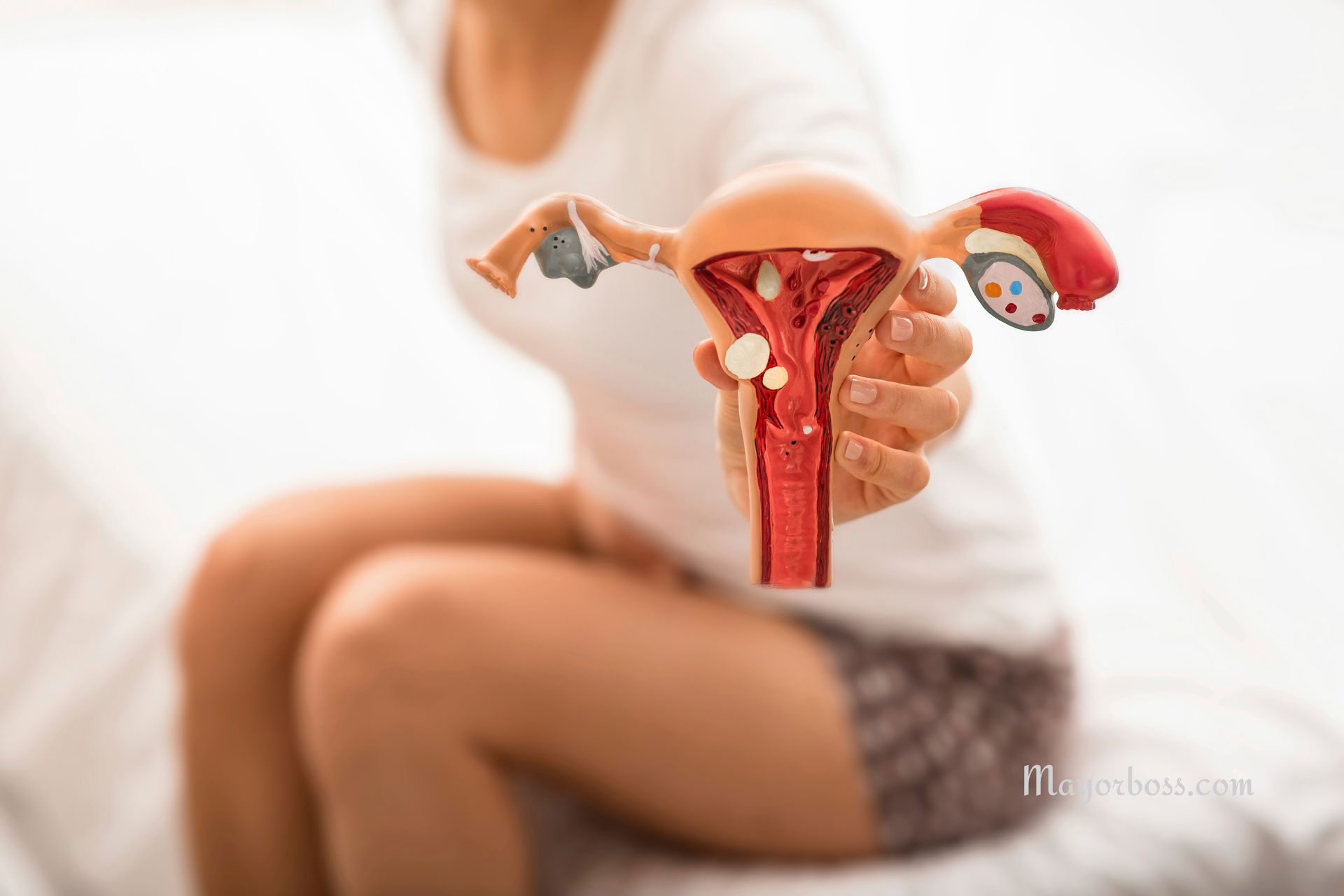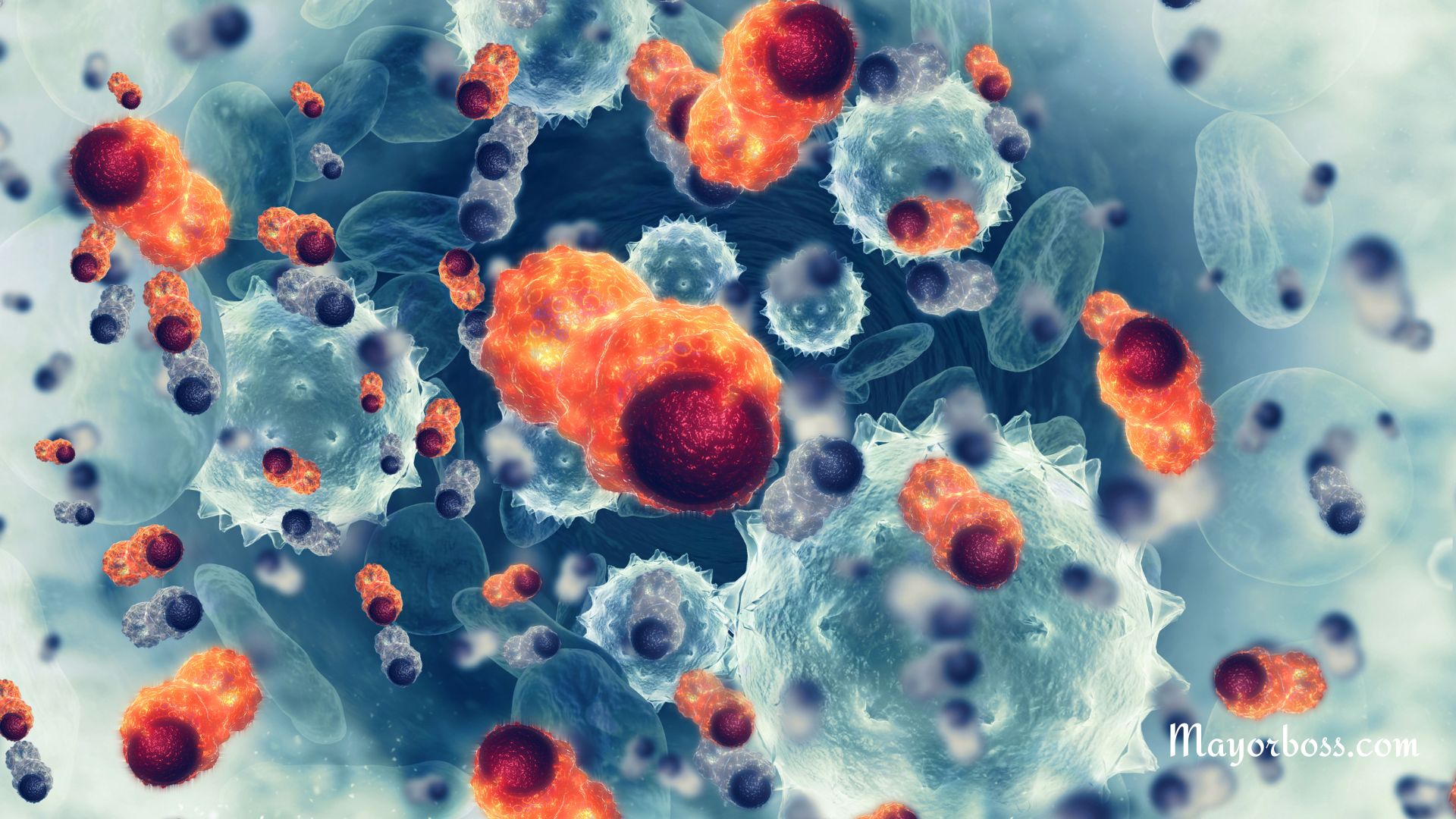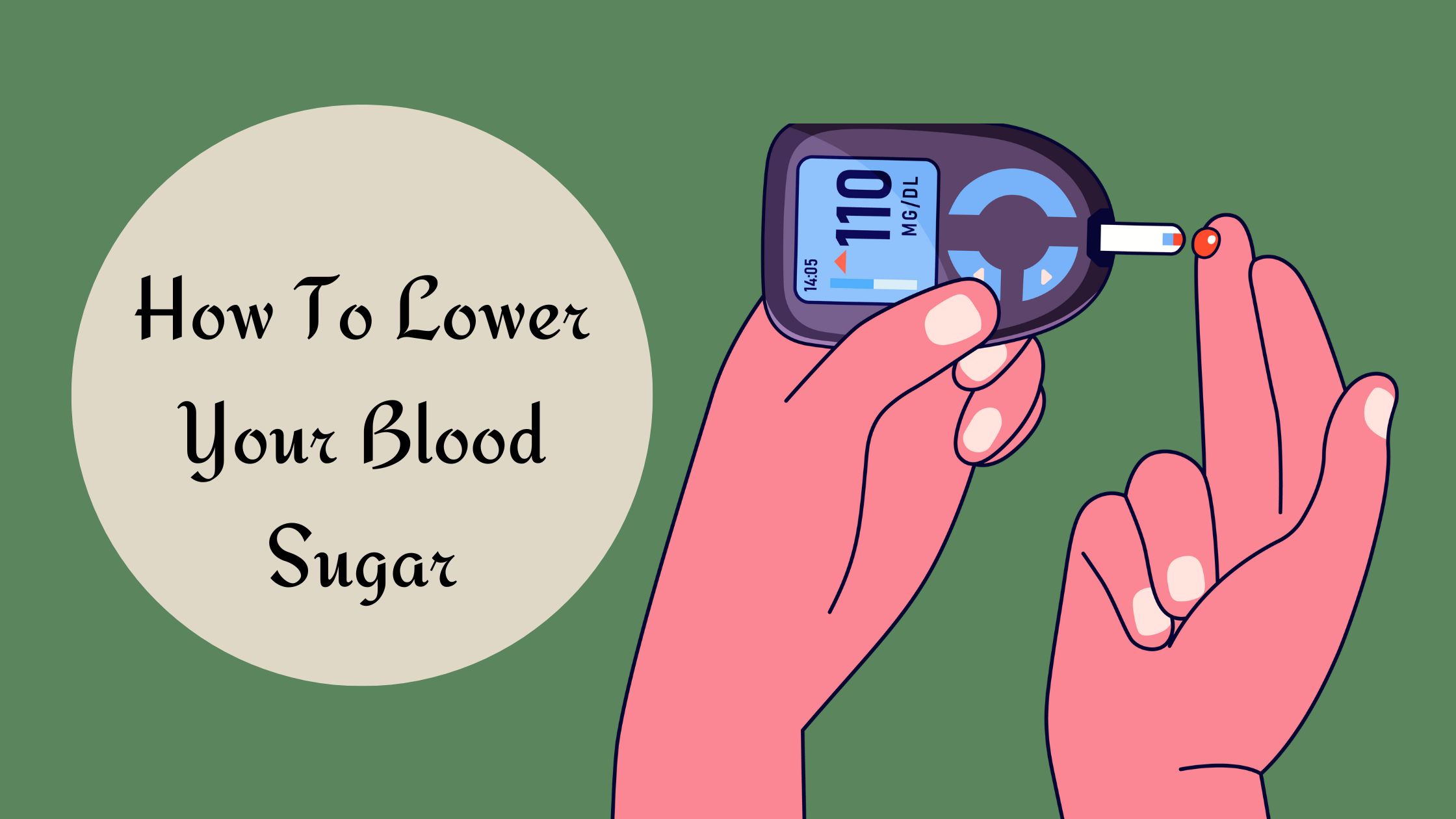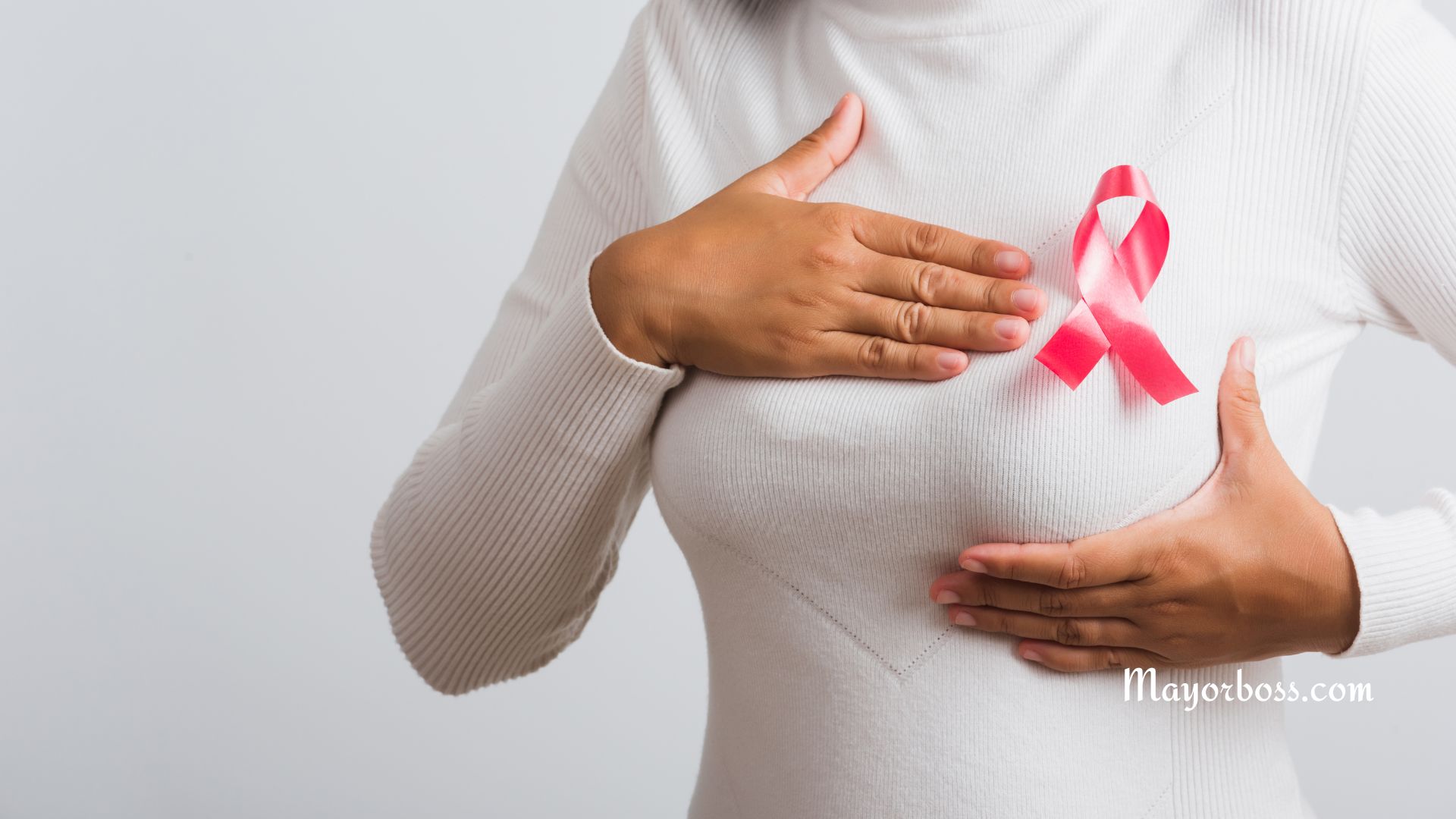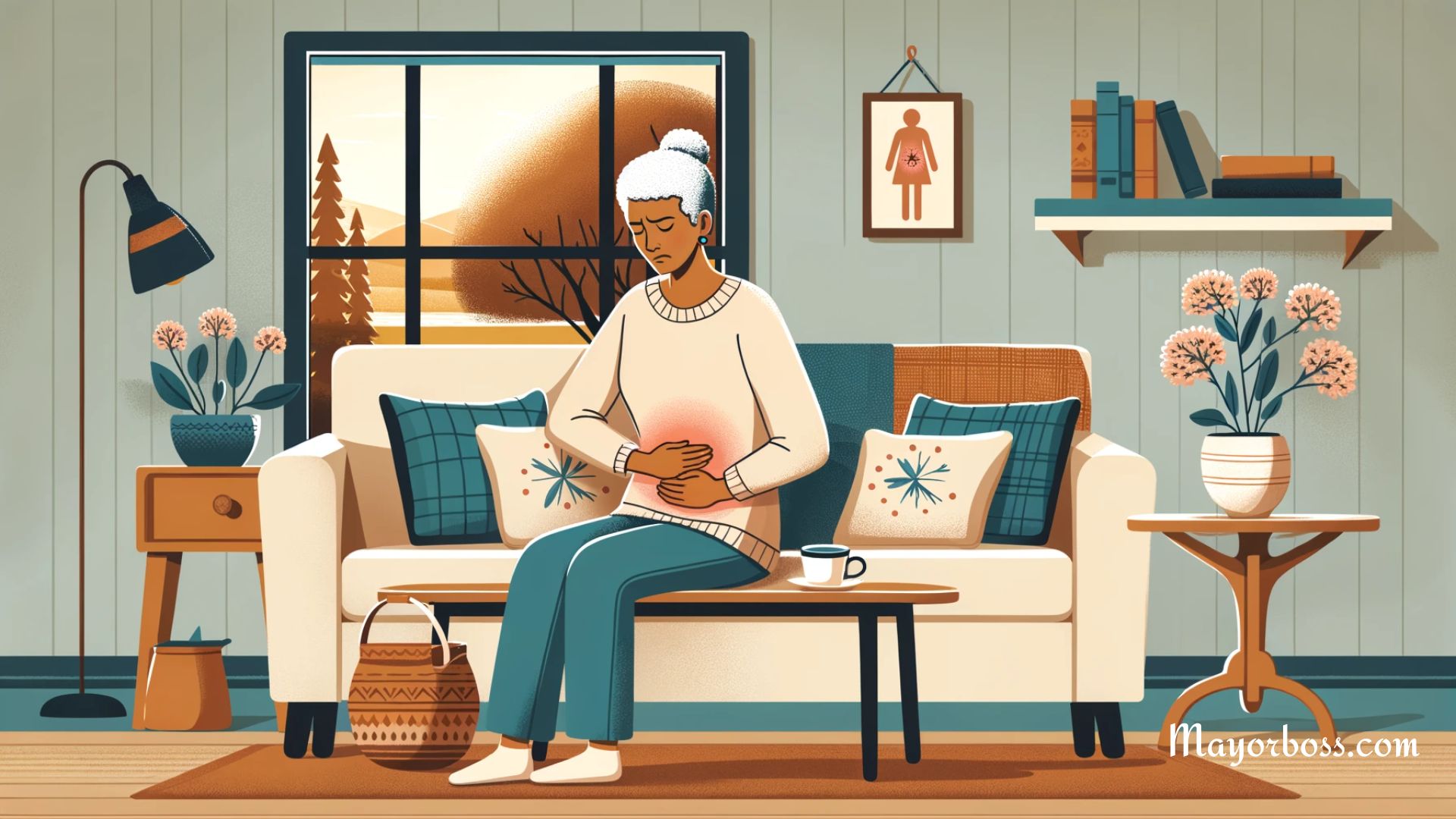Kidney Stones Might Be Forming If You Notice These 6 Symptoms
Kidney stones are hard mineral deposits that can form inside your kidneys. While some may be small and pass unnoticed, others can grow larger and cause intense pain and serious complications if left untreated.
Recognizing the early signs can help you act quickly, get proper medical attention, and avoid further damage. Here are six urgent symptoms that may point to a kidney stone problem.
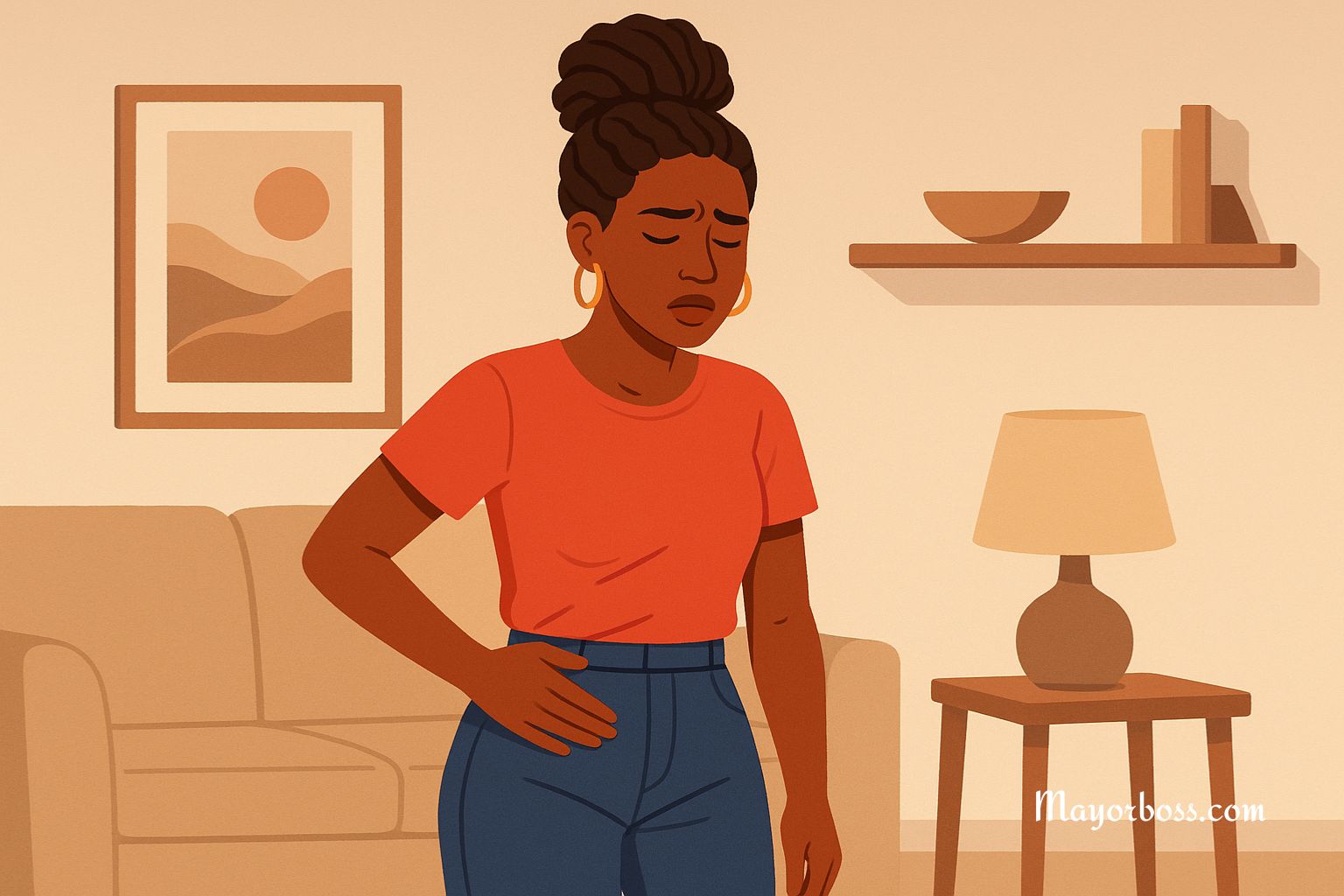
1. Pain in Your Side or Lower Back
One of the first and most common signs of a kidney stone is serious, sharp pain in the side or lower back, below the ribs, usually on one side. This discomfort may come and go, but it often gets worse in waves. It may start suddenly and become sharp or cramping in nature.
This pain can move toward the lower abdomen or groin area as the stone shifts or travels through the urinary tract. The severity doesn’t always match the size of the stone. Even small stones can cause intense pain if they block the flow of urine.
If the pain starts suddenly and doesn’t go away, especially if it’s one-sided, it’s time to get checked.
2. Blood in Your Urine
Another key warning sign is blood in the urine, also known as hematuria. The urine may appear pink, red, or brown. In some cases, the blood is only visible under a microscope, so you may not notice a color change at all.
This bleeding happens when a stone irritates or scrapes the lining of the urinary tract. While other conditions, like bladder infections or kidney diseases, can also cause bloody urine, it should never be ignored.
If your urine changes color or looks unusual, consult a doctor immediately.
3. Painful Urination
A burning sensation or pain when you urinate may be an early sign that a kidney stone has moved into the lower urinary tract—especially near the bladder or urethra.
People sometimes mistake this for a urinary tract infection (UTI), and both conditions can feel similar. However, if you don’t have other UTI symptoms like fever or cloudy urine, a stone could be the reason.
Painful urination is your body’s way of saying something’s wrong. It deserves prompt medical attention.
4. Urgent or Frequent Need to Urinate
Kidney stones can irritate the bladder and urinary system, making you feel like you constantly need to go—even if only a small amount of urine comes out. You may also wake up multiple times during the night to urinate.
This increased urgency happens when the stone moves lower into the ureter or bladder. The body tries to flush it out, but the stone may partially block urine flow, causing pressure and discomfort.
If you’re running to the bathroom more often than usual without drinking more fluids, a kidney stone might be involved.
5. Nausea and Vomiting
As odd as it may seem, nausea and vomiting are possible early signs of kidney stones. The pain caused by a moving or obstructing stone can trigger the body’s stress response, leading to an upset stomach.
Kidney stones may also interfere with how your kidneys filter waste. This can build up toxins in your body, which may further upset your stomach.
If abdominal pain comes with nausea, especially if you haven’t eaten anything bad—it’s best to discuss with your doctor.
6. Fever and Chills
Fever and chills are signs that an infection may be present. If a kidney stone blocks urine and bacteria begin to grow, it can lead to a serious infection known as a kidney infection or pyelonephritis.
This is a medical emergency. A fever above 100.4°F (38°C), along with chills, back pain, and urinary symptoms, requires immediate medical attention. Delaying treatment can allow the infection to spread and cause long-term damage.
When to See a Doctor
Any one of these symptoms may be caused by other conditions. But when several happen at once, especially if you also have a history of kidney stones or risk factors like dehydration, it’s important to act quickly.
See a healthcare provider if you experience:
- Severe side or back pain that doesn’t go away
- Bloody or cloudy urine
- Pain or burning when urinating
- Nausea with abdominal pain
- Repeated urges to urinate without relief
Early diagnosis can help prevent complications, such as urinary tract infections or permanent kidney damage.
What Causes Kidney Stones?
Several factors contribute to kidney stone formation:
Prevention Tips
While not all kidney stones can be avoided, you can reduce your risk through simple daily habits:
- Drink plenty of water throughout the day
- Limit salty, processed foods
- Eat a balanced diet with fruits and vegetables
- Maintain a healthy body weight
- Don’t ignore early symptoms

